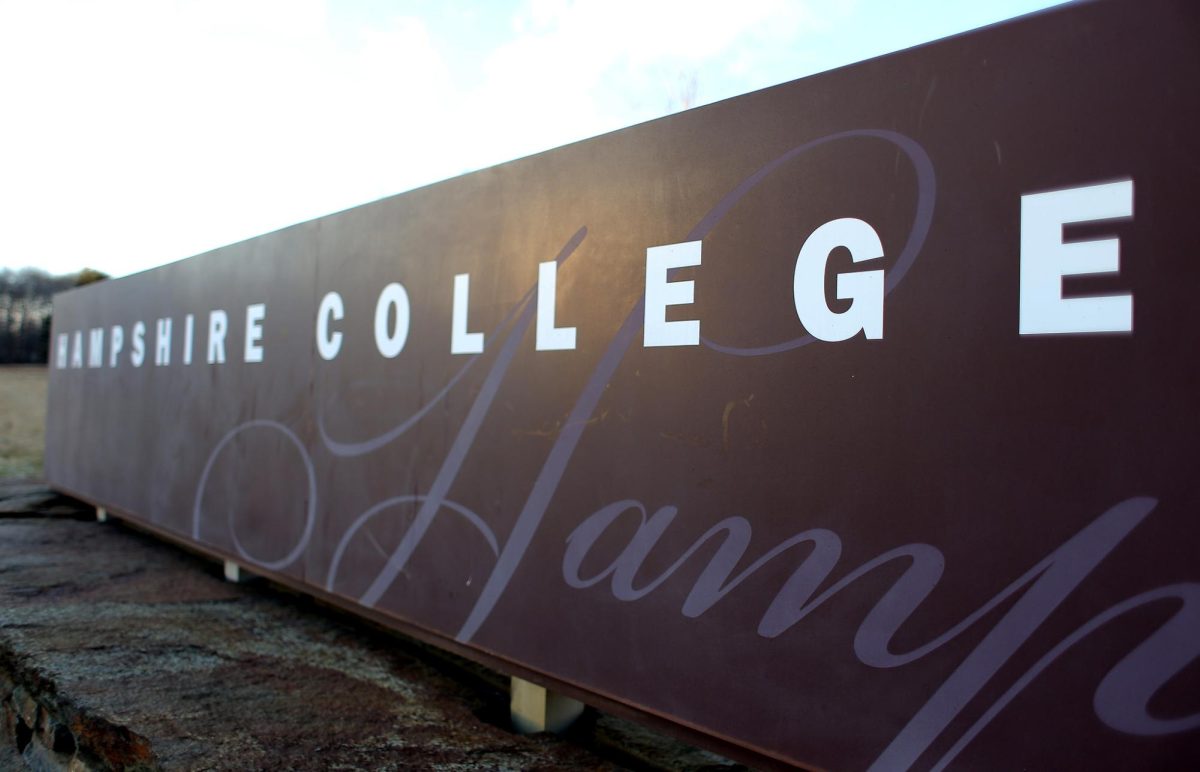
Jai Sen, an architect and activist, delivered a talk titled “Explorations into the Dynamics of Resistance and Dwelling Rights of Attached Labor” as part of the resistance studies initiative fall speaker series in Tobin Hall Monday night.
The focus of Sen’s talk was his research in the 1990s focusing on the resistance displayed numerous times during the social movements from 1930 to 1970 by the Kudikidappukaran, or slave laborers, of Kerala, a state in southwestern India.
Sen delved into the history of the Kudikidappukaran, a group of indigenous people outside India’s caste system, before detailing the progress he made throughout the 1990s and revealing the extent of continued research he is currently undertaking.
“Much of my work, in fact, I find – it goes back to the 70s – has been about making the invisible, visible because we see and we don’t see as we do research, Sen said. “We black out things, things that are inconvenient either to our theory or to our own perceptions.”
According to Sen, the filters that researchers use while approaching certain research questions have caused areas of invisibility to occur. He argues that such has been the case with the indigenous people.
Sen described the first instance of resistance displayed by the Kudikidappukaran as a surprising incident for many people. When technological advancement made the labor provided by the slaves unnecessary, the landowners tried to remove the slaves. However, the slaves resisted, wanting to stay slaves under the landowner’s control instead of taking their freedom because it was the only life they knew.
“Within the national level [of the Communist Party] agrarian relations policy there is no mention of this [slave labor], so when they apply it to Kerala there is no mention of it,” Sen said. “So they decide in Kerala they will disband all the Kudikidappukaran and will no longer call them Kudikidappukaran, but will call them agricultural labor. So their very identity … disappears.”
After nearly a decade of study, Sen concluded that the identity the Kudikidappukaran had about themselves varied from the identity imposed upon them by society. He also discussed the path of his research that led him away from the Kudikidappukaran to the Communist Party, before returning to the Kudikidappukaran.
Sen fought to make housing a fundamental right in India in the 1980s before he began to look into the Kudikidappukaran. He took a break from this research to spend 15 years working with the World Social Forum (WSF), the largest gathering of civil society to find solutions to the problems of our time. Now, Sen plans to return to the study of the Kudikidappukaran.
“I felt I would like to go back to my earlier work … because [the] next five years will be to go back to that work and complete it,” Sen said. “It remained incomplete in the 90s.”
Elizabeth Wallace can be reached at [email protected], and followed on Twitter @lizwallace2019.


















